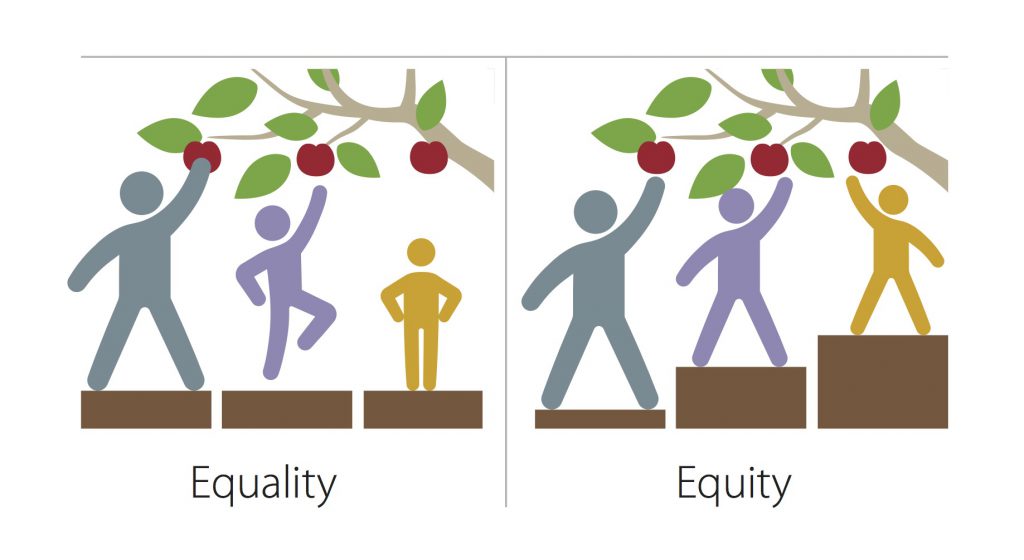Integrative Themes in Focus
APA theme D says that psychology values diversity, promotes equity, and fosters inclusion in pursuit of a more just society.
This highlights the importance of psychology in addressing social justice issues and promoting an inclusive and equitable society.
Let’s break down each element of the APA theme:
- Values Diversity: This refers to the recognition and appreciation of the variety of different identities, experiences, and perspectives that individuals bring to society. In the field of psychology, this means recognizing that people’s experiences and identities—including their race, ethnicity, gender, sexual orientation, age, socioeconomic status, disability status, religious beliefs, and other aspects of their identities—can significantly influence their psychological experiences and needs.
- Promotes Equity: Equity is not the same as equality; it’s about fairness and ensuring everyone has what they need to thrive. Within psychology, this means equitable access to mental health resources and mitigating biases in both research and clinical settings to make findings universally applicable.

Figure 1. Equity means ensuring that everyone has access to opportunities. - Fosters Inclusion: Inclusion is about creating environments where everyone feels welcome, respected, and valued. In psychology, this means working to ensure that research includes diverse populations and that the field as a whole is welcoming to professionals and scholars of all backgrounds. It also means striving to make mental health resources accessible and relevant to everyone, regardless of their identity or experiences.
- Pursuit of a More Just Society: This statement acknowledges that psychology has a role to play in addressing social injustices and inequities. It involves using psychological knowledge and tools to advocate for policies and practices that promote social justice. It also involves acknowledging and addressing the ways in which psychological research and practice have contributed to social inequities in the past.
You can view the transcript for “Shawna Murray-Browne | Decolonizing Mental Health” here (opens in new window).